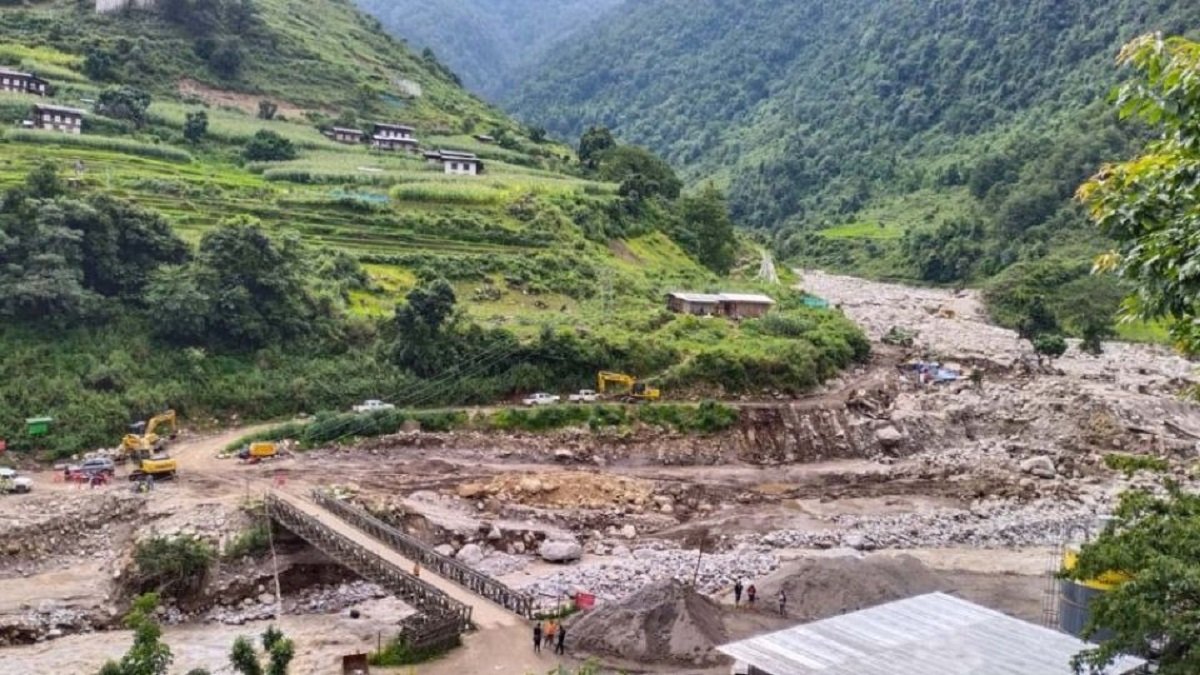Climate change in Bhutan has forced communities to relocate, with 72 households displaced in Lunana due to GLOF risks. Despite infrastructure improvements, many remain in precarious conditions. Bhutan’s vulnerability to climate change is highlighted at the ‘Bhutan Conference: Climate and Resilient Agriculture for Sustainable Development Policy, Investment, and Innovation’, involving experts from Bhutan, India, and Nepal. The International Centre for Integrated Mountain Development’s director general, Dr. Pema Gyamtsho, issued a warning about concerning patterns in glacial melt. He presented research from the HKH region and pointed out that glacial retreat and snowmelt disturbances will affect more than 90% of the region’s river systems, including those in Bhutan. Since 2010, the loss of glacial mass has risen dramatically by 65% over the preceding decade.
This will have disastrous effects for Bhutan’s hydroelectric industry is the foundation of its economy, as well as water security. Bhutan’s attempts to accomplish crucial development pathways to meet the 2030 Agenda for Sustainable Development are seriously hampered by the effects of climate change. Bhutan faces climate change challenges due to inaccessible hydro-meteorological data and geography, impacting agriculture and food security. Despite investments in water infrastructure, climate adaptation remains underfunded. Experts at conference emphasized the need for improved disaster preparedness, early warning systems, check dam construction, transboundary risk assessments, and national and regional collaborations.

